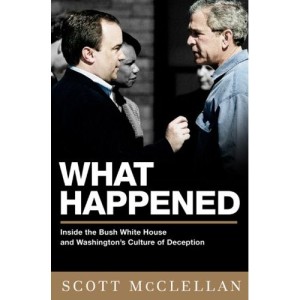 It was like a bad game of telephone. An old Chicago Tribune article about United Airlines filing for bankruptcy protection in 2002 either did or didn’t reappear on the Web site of the South Florida Sun-Sentinel newspaper last weekend. United says it did, the Sun-Sentinel says it was an old archived story that was mistakenly picked up by Google as a new story after it appeared in its “Popular Stories” section. (Read Google News’ explanation here.) A research firm, Income Securities Advisors, found the story when it did a search on bankruptcies. The research firm then posted it on Bloomberg News, thinking it was breaking news.
It was like a bad game of telephone. An old Chicago Tribune article about United Airlines filing for bankruptcy protection in 2002 either did or didn’t reappear on the Web site of the South Florida Sun-Sentinel newspaper last weekend. United says it did, the Sun-Sentinel says it was an old archived story that was mistakenly picked up by Google as a new story after it appeared in its “Popular Stories” section. (Read Google News’ explanation here.) A research firm, Income Securities Advisors, found the story when it did a search on bankruptcies. The research firm then posted it on Bloomberg News, thinking it was breaking news.
Innocent mistake? Well, instead of mishearing the details of the weekend from a friend of a friend of a friend (and no one being the worse for wear), the airline suffered a nearly 75% loss of the value of its stocks in less than an hour before trading was halted on Nasdaq. The stock ended up mostly rebounding by the end of the day – once United corrected the reports and trading resumed – but still closed at a loss.
Everyone is now pointing fingers, and the SEC has begun an “informal investigation” into the matter. Read more









 Harvard professor
Harvard professor 
 Current issues in the sourcing world were the focus of Intertek’s
Current issues in the sourcing world were the focus of Intertek’s 